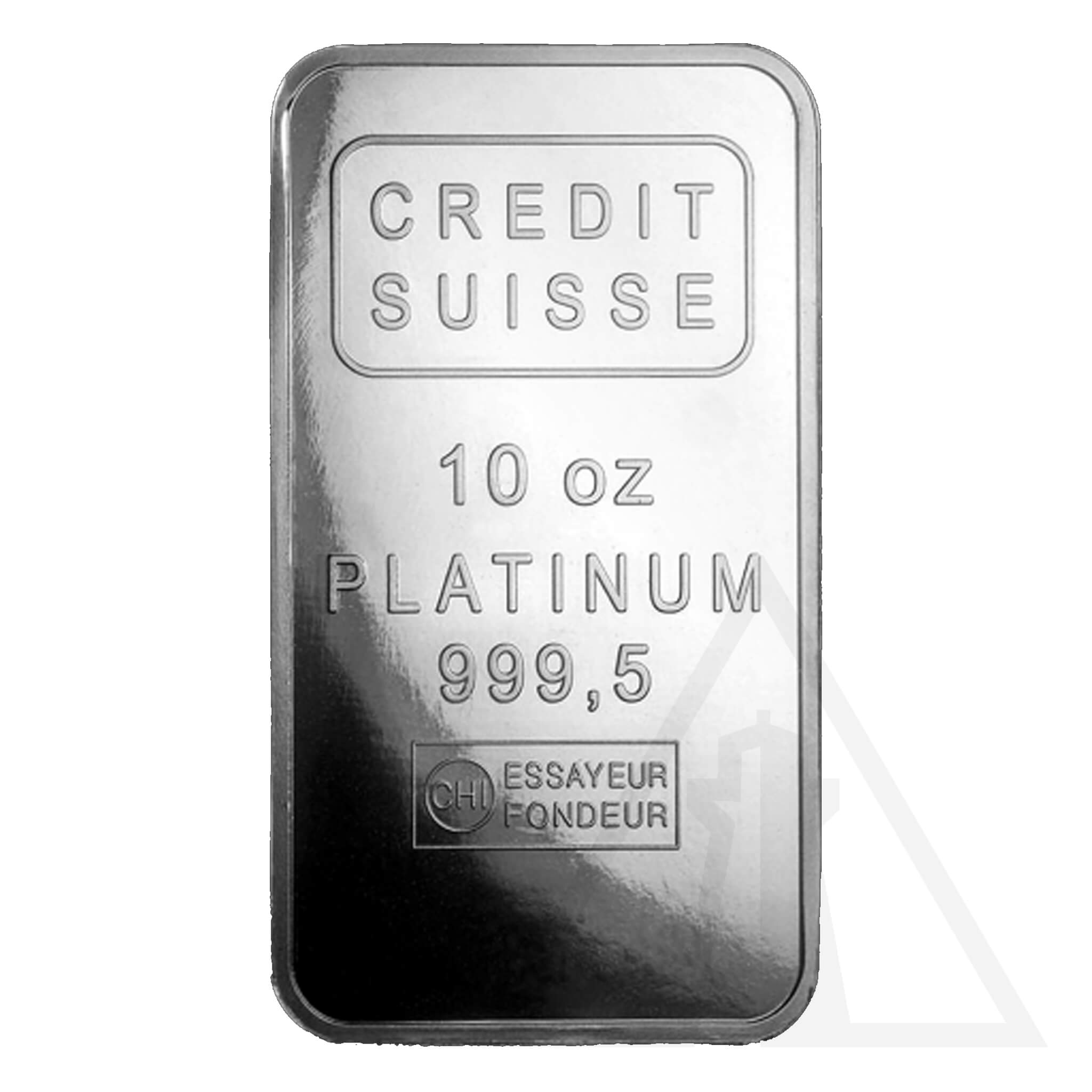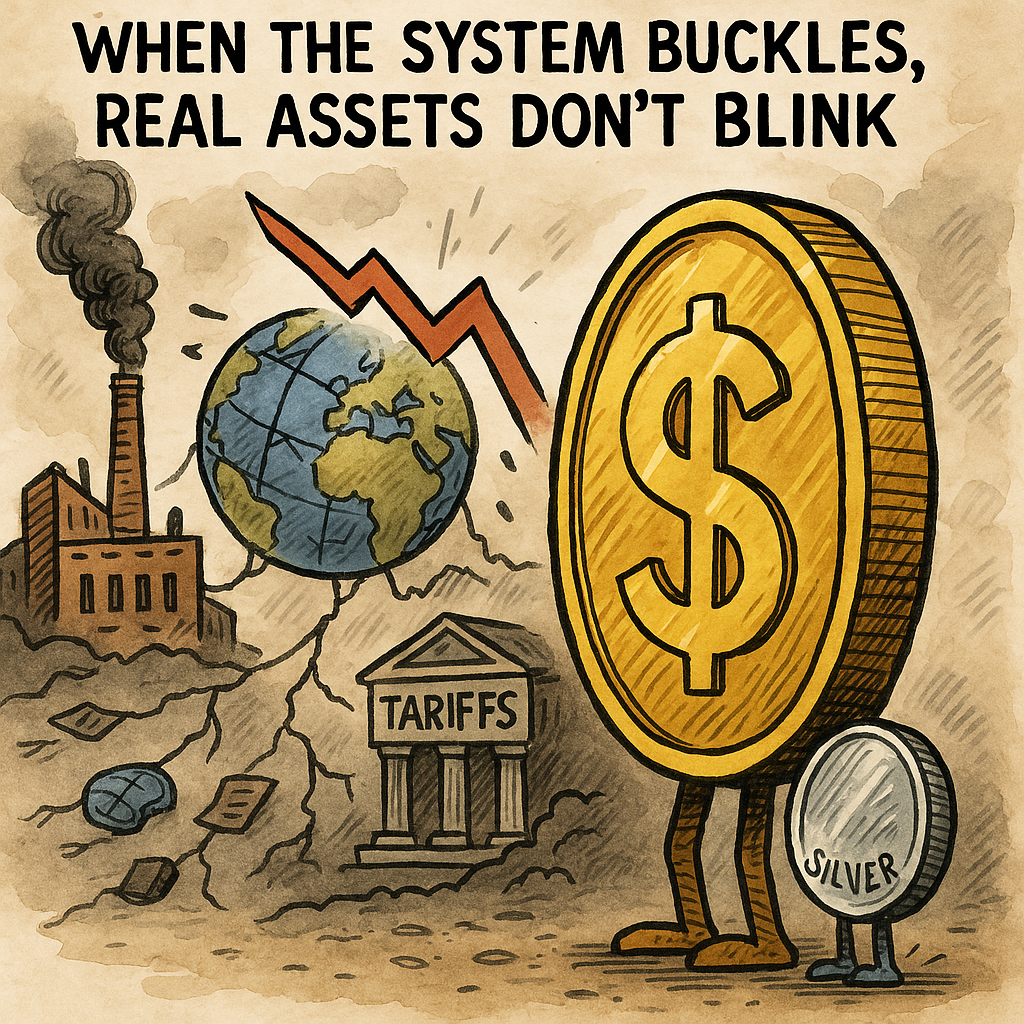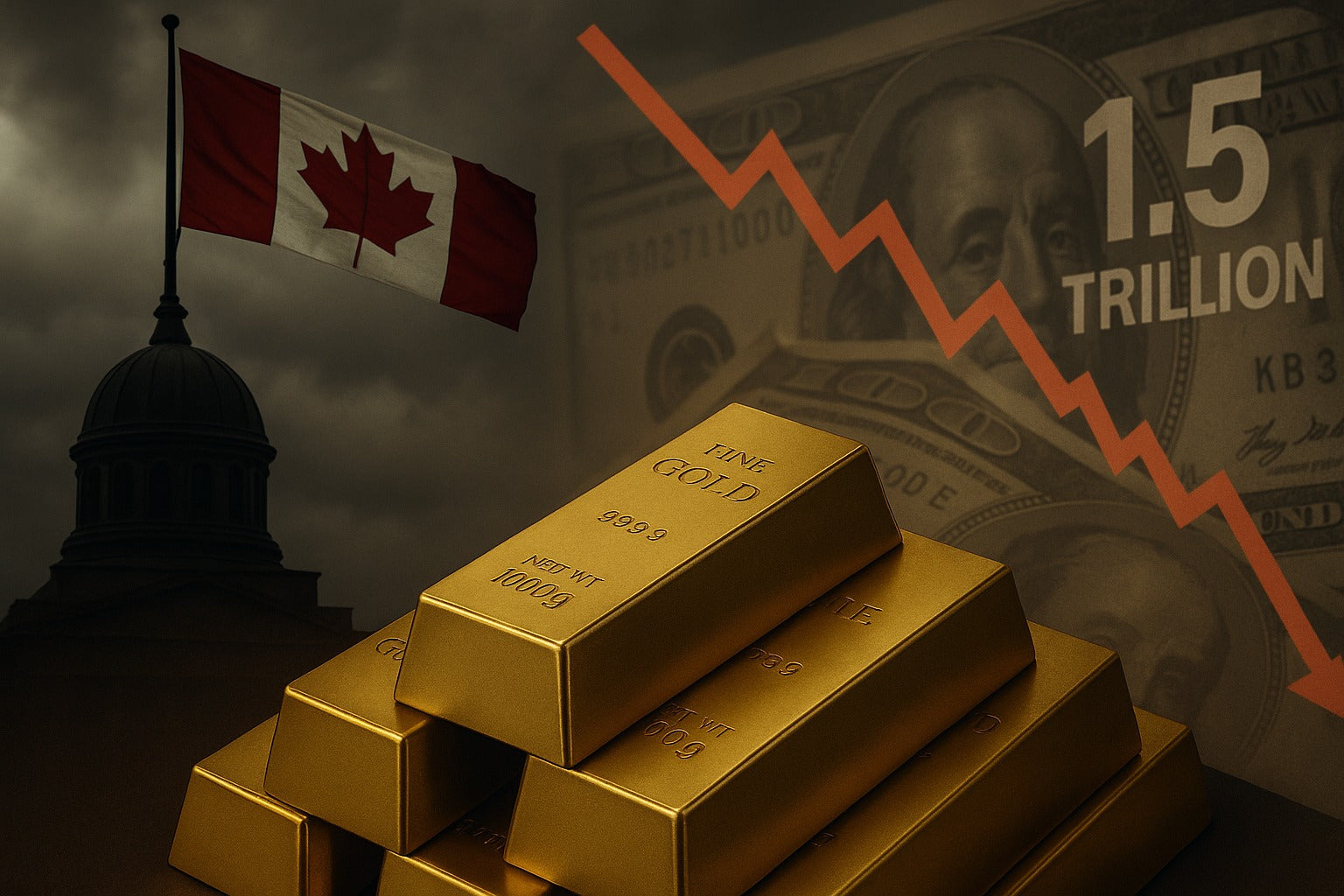With the U.S. now imposing tariffs as high as 145% on Chinese imports, Canada slapping 25% duties on vehicles, and Europe responding with $400 billion in countermeasures — global trade is being shredded in real time.
Add to that Trump’s warning that semiconductors, pharma, autos, and the entire electronics supply chain may soon be targeted in the name of “national security,” and you’ve got yourself a textbook crisis. Markets are rattled. Investors are bracing. Sentiment is tanking.
And as all this unfolds, someone asked me:
“Why not just sell while we’re ahead? Retirement isn’t far off. What if this mess doesn’t reverse?”
That’s the wrong question. The better one is:
What if those who ignored the chaos and quietly held hard assets — physical gold and silver — were the ones who came out ahead?
Let’s look at the scoreboard.
Since the early 2000s:
- Gold (AU) has surged from the $350 USD/oz to $3,210 USD/oz — an increase of more than 800%.
- Silver (AG) has climbed from $3.80 USD/oz to around $32.40 USD/oz — a 750%+ gain, despite being suppressed by the paper markets for decades.
That’s not opinion. That’s math. That’s fact.
And no — this isn’t about dumping your stocks. It’s about not relying on them alone. Those who built real wealth through multiple crises did so by diversifying across assets — especially into metals when confidence in leadership, central banks, and global cooperation was at its lowest.
Let’s Rewind the Last 21 Years: A Greatest Hits of Economic Chaos
This tariff mess is the latest chapter in a well-worn playbook. Here’s what gold and silver have already weathered since 2001:
- 9/11 terrorist attacks (2001)
- Dot-com crash (2000–2002)
- Iraq War & oil volatility (2003–2006)
- Global Financial Crisis (2008–2009)
- European Sovereign Debt Crisis (2011)
- US credit rating downgrade (2011)
- Taper tantrum (2013)
- Trump’s first trade war (2018)
- Global pandemic & lockdowns with Canadian frozen assets during Covid-19 (2020)
- Supply chain collapse & inflation shock (2021–2023)
- Russia–Ukraine War (2022–present)
- Massive de-dollarization moves by BRICS (2023–2024)
- The 2025 Tariff Supercycle (ongoing)
Trump’s latest round of tariffs is pushing the effective rate on US imports to 27% — the highest since 1903. The Fed is warning of inflation moving toward 5%, while economic growth risks grinding “to a crawl.” The writing is on the wall, and as we have seen in the past, a drop in market value of roughly 20% in the stock market is usually as good an indicator as there is for volatility, recession and a market correction. This just happened last week. It is here.
This isn’t a blip. It culminates decades of fiscal decay, global tension, and poor policy coordination. History has shown that gold and silver don’t panic during times like these—people do.
Real Assets Outlast Real Stupidity
Every single bear market — from the Great Depression to the COVID crash — has eventually ended. Bear markets average 289 days, while bull markets last over 6 years, with gains that typically triple losses from prior downturns.
But here’s what most investors miss:
42% of the stock market’s best days happen during bear markets. Another 33% happen before a recovery is confirmed. Miss them, and you miss most of the gains. So yes, we believe in holding on to your stock portfolio and using your experts in your corner to help understand which paper assets perform well during the downturn while diversifying in other areas, such as gold and silver.
It should be noted that physical metals just keep sitting there — quietly maintaining purchasing power, hedging against inflation, and avoiding the political noise. They don’t need a central bank policy meeting or a bailout package to stay relevant.
So What’s the Move?
If you’re all-in on stocks, you’re on a unicycle on a mountain road — perhaps you're balanced, I can’t say, but I can say you’re vulnerable. Add gold and silver, and suddenly you’re in a 4x4. Same terrain, far more stability.
This isn’t about running for the hills. It’s about building a foundation so solid that you don’t have to.
Sell if you want. Panic if you must. But those who embraced hard assets through past chaos — and held — aren’t just sleeping better. They’re richer for it. Does it mean you should have all your eggs in the gold and silver basket? I don’t know, but the more I hear this term “balanced” or “diversified” the more I think somewhere in the world a room of suits go together at some point and said “Fellas, what is the most sure proof way we can keep them in the market and keep the commissions in our pockets?”.. “I know, said one banker, let’s encourage them to have many stocks from many areas and many markets.” “We’ll call it 'diversified' and they will love it.”
Did it go down that way? I don’t know, but the bankers I know sure do make bank. One thing is for certain: you always pay, no matter what happens. Maybe it’s time to share this with friends and family. Perhaps they need to know what you already do. Gold and silver are relevant, world-class assets with tangible value in your hand and offer you financial insurance against the worst of volatile situations.
Now you know. What you do with it is always up to you. Consult the people you trust before making any investment decisions, and remember that past performance is not always the best indication of the future. In gold and silver’s case, it might be much better! Due diligence is a must. Always.
Yours to the penny,
Darren V. Long







